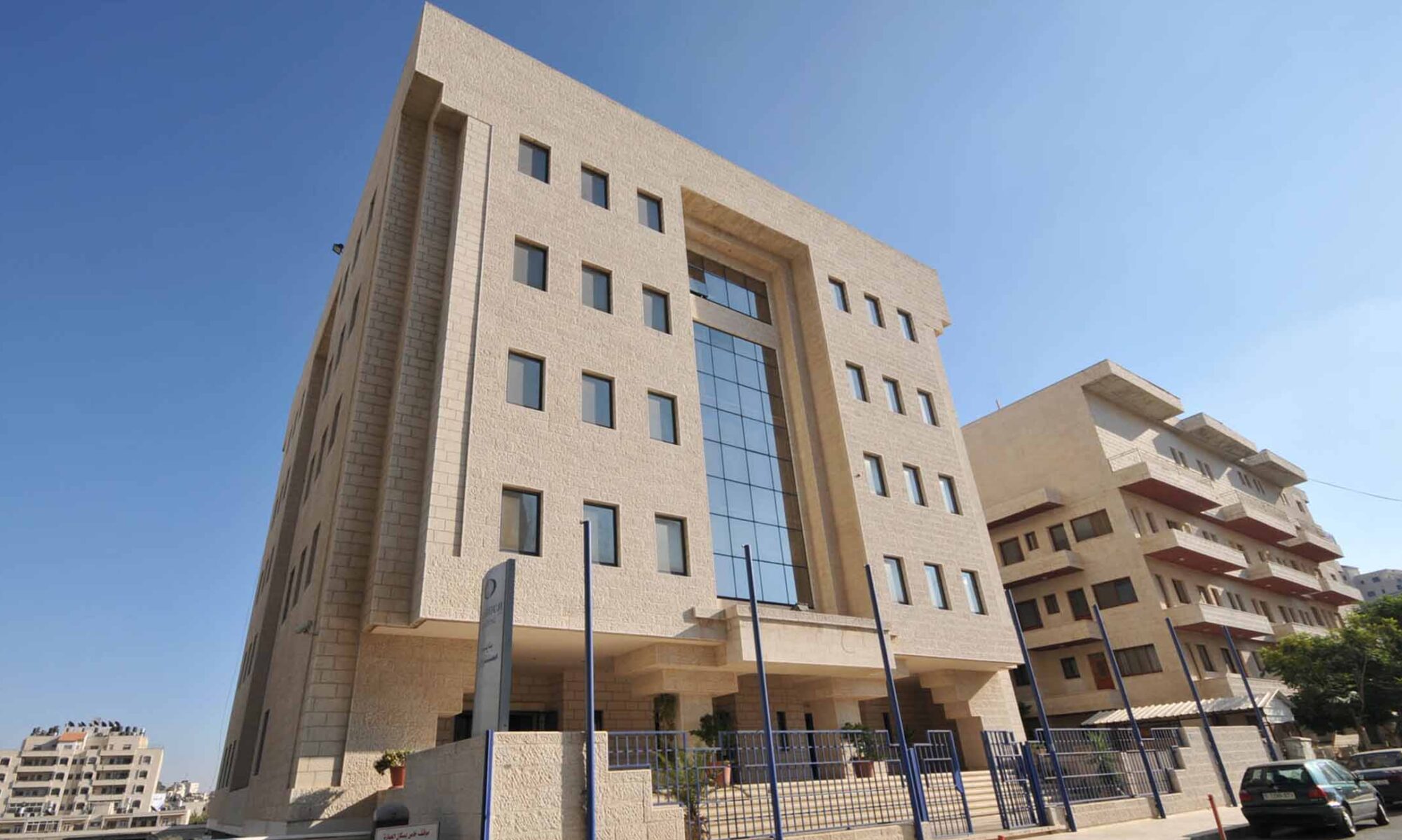In the occasion of the IPCC Breakfast Club, this year we were honored by the visit of the American Ambassador to Israel, Mr. Shapiro; who attended our event in the David Intercontinental Hotel in Tel Aviv on May 20, 2014. An elegant breakfast buffet took place to receive our guests, with an agreeable time to get to know each other, before the conference commenced.
This event turned around an active discussion on the topic of the economic benefits of peace between Israel and the Palestinian Authority.
More than 80 guests (members of the Chamber, multiple supporters, representatives from different relevant organizations in the Israeli-Palestinian field—from One Voice, The Peres Peace Center, Portland Trust, The Israeli Association of Chambers of Commerce, The Israeli Manufacturers Association, and government officials from Ministry of Foreign Affairs, of Economy and of Regional Cooperation, together with prominent businesspeople) composed the public that could appreciate the encouraging words of Mr. Ambassador on the prospects for peace and the meanings of it for both parties to the conflict in economic terms.
Mr. Shapiro repeatedly assessed the large economic growth that a peace agreement would signify for both the Israeli market and the Palestinian one, emphasizing the benefits for the Israeli economy, who are already widely cooperating in various fields at the private sector level. On this aspect, the Ambassador dedicated a few words to congratulate the fruitful work that all organizations are doing in the private sector, on the ground, to advance these trading ties and, overall, economic development, and to build up the adequate environment to initiate the path towards a peace process between Israel and the PA.
On the same note, the Ambassador spoke about the positive prospects of development in various sectors expected in the future, should peace come about in this conflicting region, namely, in agriculture, technology, textile, and renewable energies.
Finally, the Ambassador took several questions from a quite critical public on all relevant issues connected to the topic of the day. Skeptical Israelis raised their worries about the possibility to reach peace in order to achieve economic development, and several other contributions enriched the debate.

































